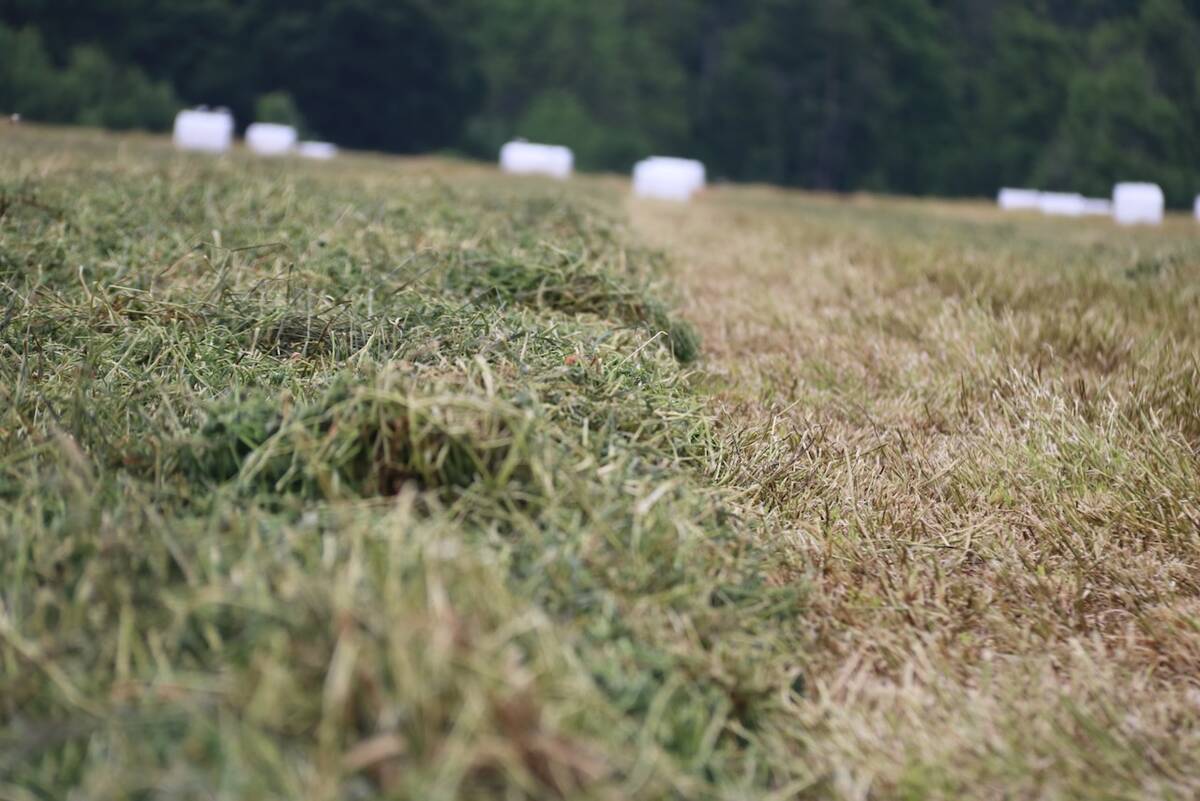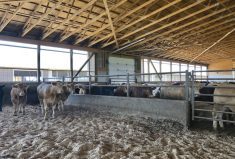There are always outstanding questions about how farmers can use insurance, either as part of a succession plan or just a part of doing business. Here are three questions and answers.
Will my family have to pay taxes?
When you die, will your family have to pay taxes on your assets, as well the proceeds from a life insurance policy?
“The farm can be left to the children tax free,” says Lori Claxton, a Sun Life Financial advisor based in Edmonton, “but anything that the farm corporation owns outside of that farm now creates a taxable need.”
Read Also

New high-performance forage training program to launch in 2026
A new Canadian Forage and Grasslands Asssociation high-performance forage program will be a resource for farmers, agronomists and others in the forage sector.
With a whole life insurance plan in place, whoever is inheriting the farm could receive “non-taxable cash to pay a bill. Taxes have been incurred and you have to pay them from somewhere, and you don’t want to take it from the revenue of the farm necessarily,” says Claxton. For example, maybe you own rental property in town as well as the farm, or a property in Florida. Those will incur taxes that need to be paid.
Ken Rousselle, director, financial & estate planning services at FBC, echoes this. “With farm cases mostly you can roll over tax free, based on family. So it is usually not an issue, except how long are you going to do this tax-free roll over? At some point someone is going to have to pay the tax.” Maybe your children aren’t going to continue farming. “At some point somebody is going to want to sell. Somebody is going to have to pay the tax,” says Rousselle.
Farmers do get a certain amount of capital gains exemption come tax time, but as land values increase and the average age of the Canadian farmer continues to rise, some farmers may reach the limit of those benefits. In that case, a whole life insurance plan could provide tax-free cash for the family.
Can the farm pay for my insurance?
You can have your farm corporation listed as the beneficiary to your life insurance policy, though “premiums for insurance are not tax deductible to the corporation unless required for business purposes,” says Rousselle.
“The beneficiary is generally also the corporation in order to avoid shareholder benefits and other tax implications.”
There are a few allowances to this rule, says Rousselle, but by and large “premiums are not tax deductible from a corporate perspective.” Check with your accountant for full details about your particular situation.
However, there is still an advantage. Although you can’t expense the premiums, you can still pay for them with the corporation’s money, rather than having to use your personal tax-paid income.
Do I need insurance on a loan?
When you’re required to get insurance to cover a large loan, does it make sense to go with the bank’s insurance or a life insurance company?
According to Rousselle, “it is always better to go to a life insurance company.” Here’s his explanation:
- “Coverage is portable (you can change lenders without buying insurance again” at your now older age.
- “Coverage from the bank typically ends when the loan is paid off or at a certain age, however, with an insurance company you can continue the plan, if you wish.” You can also opt for lifetime coverage.
- “Premiums are typically blended for smokers/non-smokers, males/females at the bank versus individualized based on class and sex for the insurance company. This results in a much cheaper premium at the insurance company.”
- “There are typically exclusions contained in the wording of bank policies that aren’t included in insurance company wording; these exclusions may result in the non-payment of benefits to the beneficiary.”
This article was first published on AGCanada.com.















